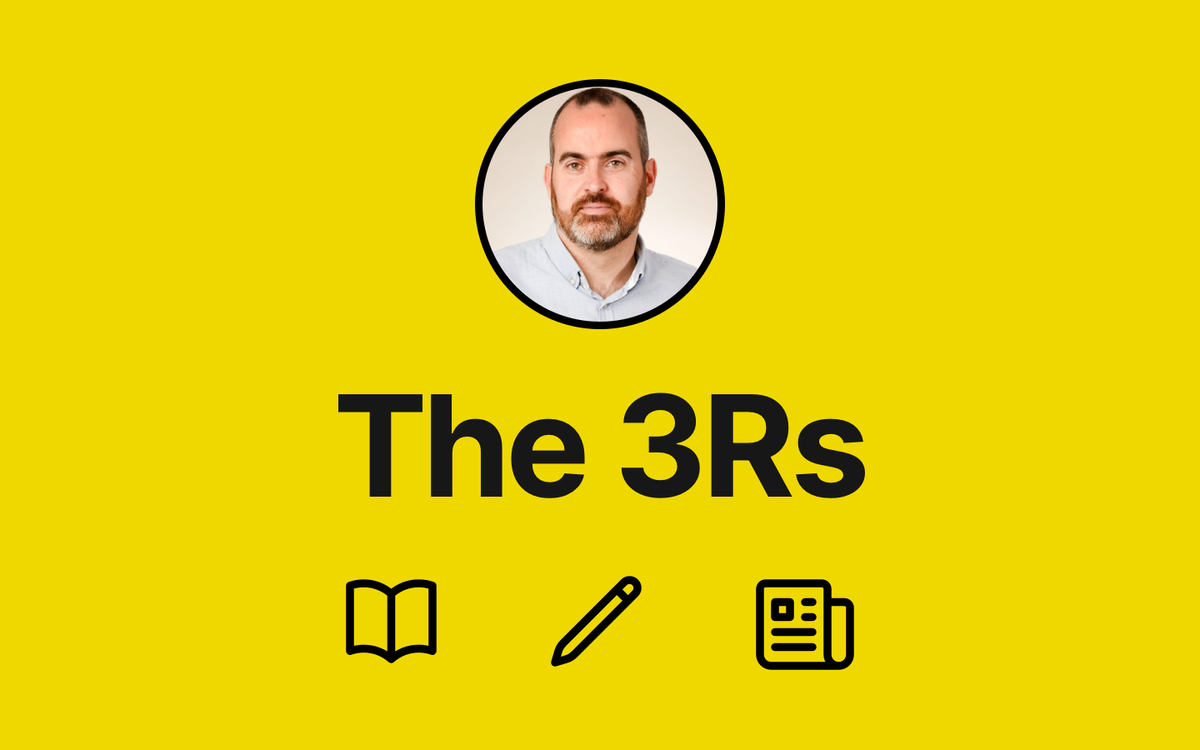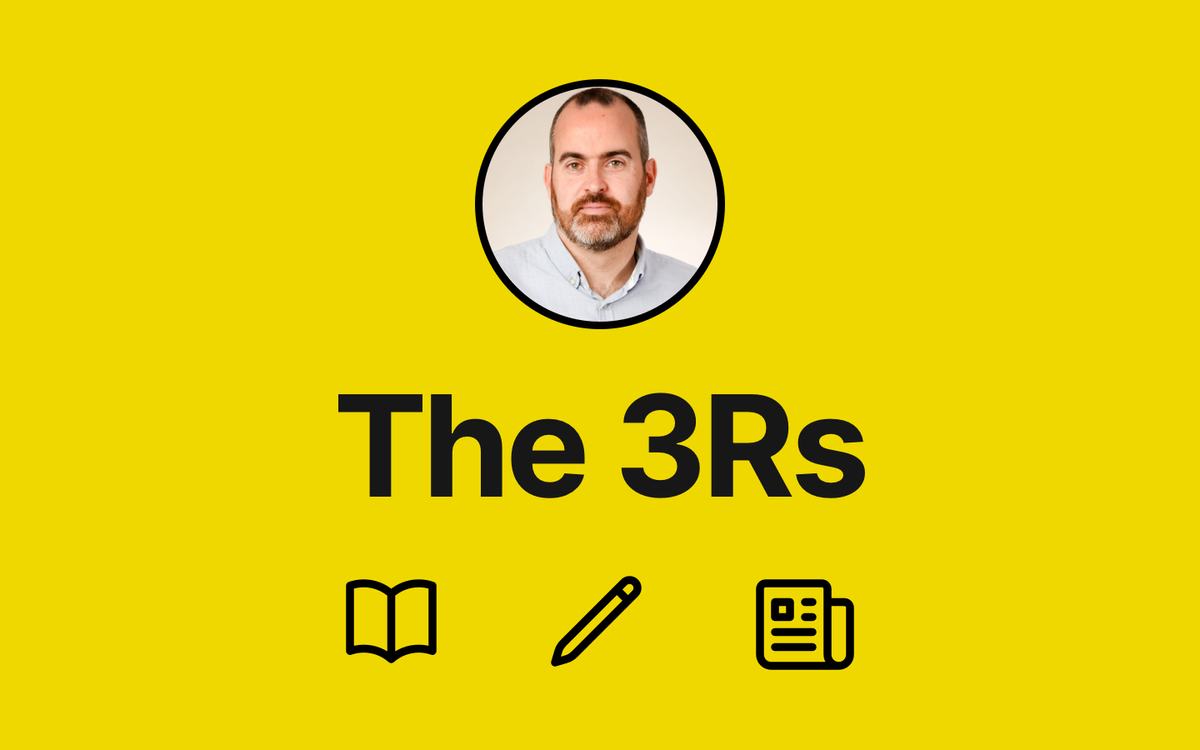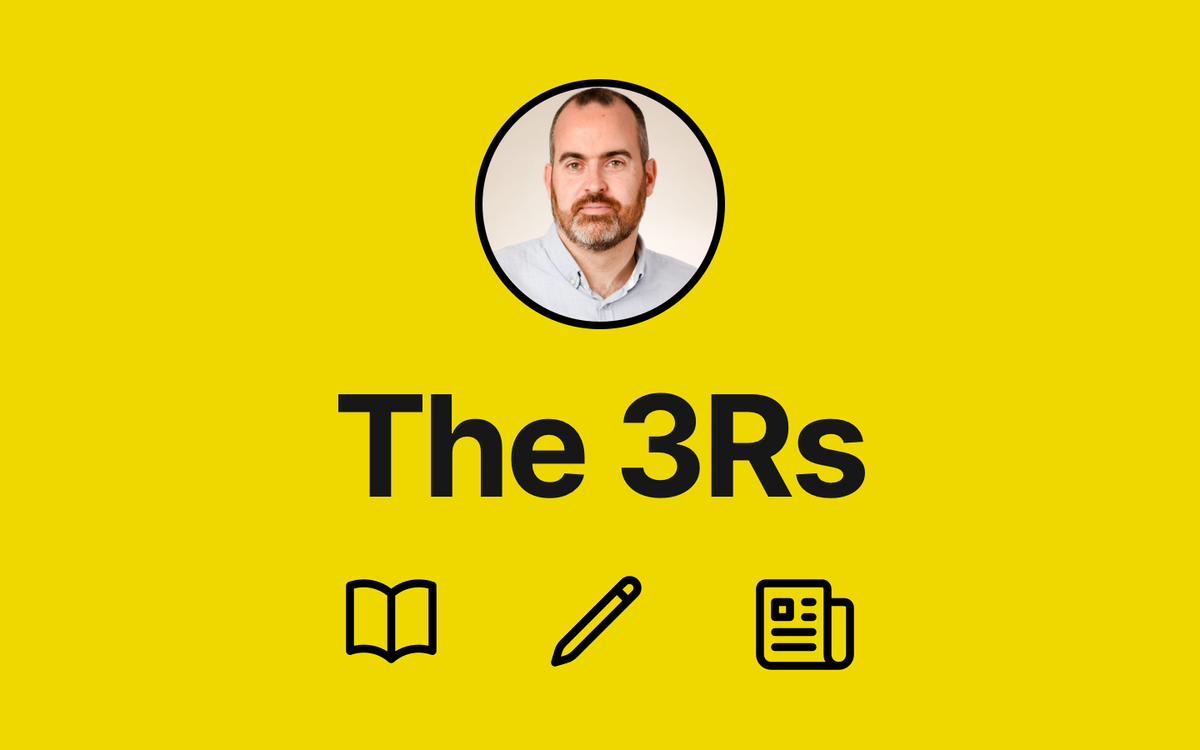



The canon of English literature - and what is taught in English classrooms - is always the stuff of fierce debate and news headlines. A new TES article claims schools 'need support to break away from An Inspector Calls'. So, we should ask the question, should it be


Making change in education is hard. Making a change at scale is even harder. Whether it is a new secondary school, growing their departments and staff, or a school trust mushrooming in size, this type of scale up can easily suffer what has been termed a ‘voltage drop’. The book,

British summer time is about to begin and the year continues to tick over at pace. If things are moving a little too fast, perhaps take a few minutes to reflect and read about the latest reading and writing in education. This edition includes writing on the state of writing

Writing problems, and solutions, can too often go undetected in schools. Unlike reading, there are relatively few specific writing assessments to detect issues that schools can use, so it is hard to follow clear trends. As a result, when national exams reveals issues – such as the drop in primary pupils’


Year after year, teachers conduct assemblies, workshops, and share resources on effective revision. Despite all that effort, students continue to fall for the all-too-common seven deadly sins of exam revision. So, what are these ever-present sins that beset so many students? 1. Procrastination and cramming. Perhaps the most famous sin


The proverb ‘penny wise, pound foolish’ was first recorded back in the eighteenth century. It represents how people can focus on being stingy with small amounts of money, but may be wasteful with larger sums. When it comes to specifically spending on research and development (R&D), you can

Valentine's Day is here. I am afraid I don't offer roses or gifts, but if you are inclined to love reading about education, this may be the 30 minutes of lovely links you are after! This 57th edition includes a review of an excellent new book

Everyone has a view on education. Every parent and politician has sat in a classroom, so they have a view on what the teacher does or doesn't do. But experience does not always translate into wisdom and understanding. Happily, we are not short of wisdom that does shine